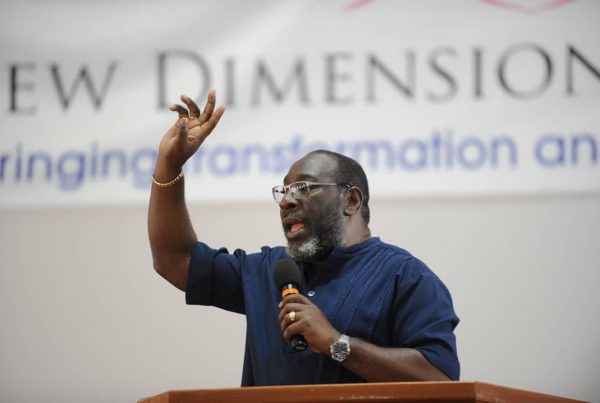Many groups function as a collective. However, at times this may not be effective when the individual does not understand their individual purpose. We walk collective but do not understand our individual call. Singularity is defined as the state, fact, quality or condition of being unique and distinct, being peculiar or odd. In Mathematics, it is defined as a point where a function takes an infinite value which can result in a small change causing a large effect or no change equating to zero effect
In the Bible, we see the definition of singularity being explored by Peter. We are a chosen generation, a royal priesthood and a holy nation (1 Peter 2:9). We are a chosen generation. Chosen speaks of identity. We have been adopted where we can cry Abba Father (Romans 8:15-17). We are joint heirs with Christ. What He has, belongs to us. We are also a royal priesthood. We are all priests and kings. Therefore, there is no partiality (Hebrews 4:16). There is an opportunity for everyone. No one is inferior to another.
Peter also calls us a holy nation. We are called to pursue holiness (Hebrews 12:14). When we step into holiness, we will experience a new dimension of the person of God. In the midst of David’s failure, he pursued holiness. He pursued the face of God and recognized that only God can satisfy. We were made for pleasure in God and only He can fully satisfy. When we taste and see that God is good, nothing in the world can satisfy. Peter also identifies us as a special people. We are a new creation in Christ Jesus (2 Corinthians 5:17). God has set us apart. God has called us individually and we all have are individual callings. Many of us compare ourselves to others and think of our calling as lesser. However, God calls us to be ourselves.
Individuality is known by personality. Personality is something that is intrinsic. When we get to know someone, we become familiar by their personality. Individuality is also known by function. Many of us know persons by their function, by what they did or currently do. At times, our personality is shaped by our function. Our unique call can push us into a position that shapes our personality. Our unique call to function shapes our style of expression. When God calls us, He will equip us. He does not call the equipped but He equips the called.
Four things to understand your call to function in Christ:
– Our function is connected to others. It is collaborative (1 Corinthians 12). The body of Christ is made up of many members. However, they all work together. When we gather together, we release empowerment to others. Do not forsake the assembly of the brethren.
– Function is unique (1 Corinthians 12:18-19). There are many different members within the Body. God has not called us into the place of uniformity where we are like each other. However, He called us to be unique and work with each other.
– Function is expandable (Hebrews 5:14). God expands our function. He uses different means to prepare us for greater. Whatever God has called us to do; we should be faithful in it. Be faithful in the little. The men with the 5 and 10 talents were faithful with what they had and it was increased. Our function is about growth and development. God wants to take us from glory to glory, level to level. All God wants us to do is say YES. God does not need our ability. He just needs our willingness.
– Function is seasonal. What we do today, we can be shifted from (Ecclesiastes 3:1). What moves your heart releases passion in your heart. Passion opens up the ground for us to perceive where we can bring value. Value brings vision. Sometimes, we bring our function from another season into another season and then we burn out. We bring the function of someone else in our life and we also burn out. Everything comes in seasons. In certain seasons, there are things that we have to cut out.
When we do not walk in our season, we abuse our function. We end up in a place where we become frustrated with life and we begin to hate other persons who are achieving in life. We begin to hate influencers. We begin to hate persons who said yes. We begin to blame others for our misfortune. We do not take responsibility for our own actions and our life. We shut ourselves off from others. We isolate ourselves because of perceived rejection. We think persons are rejecting us when they are not.





